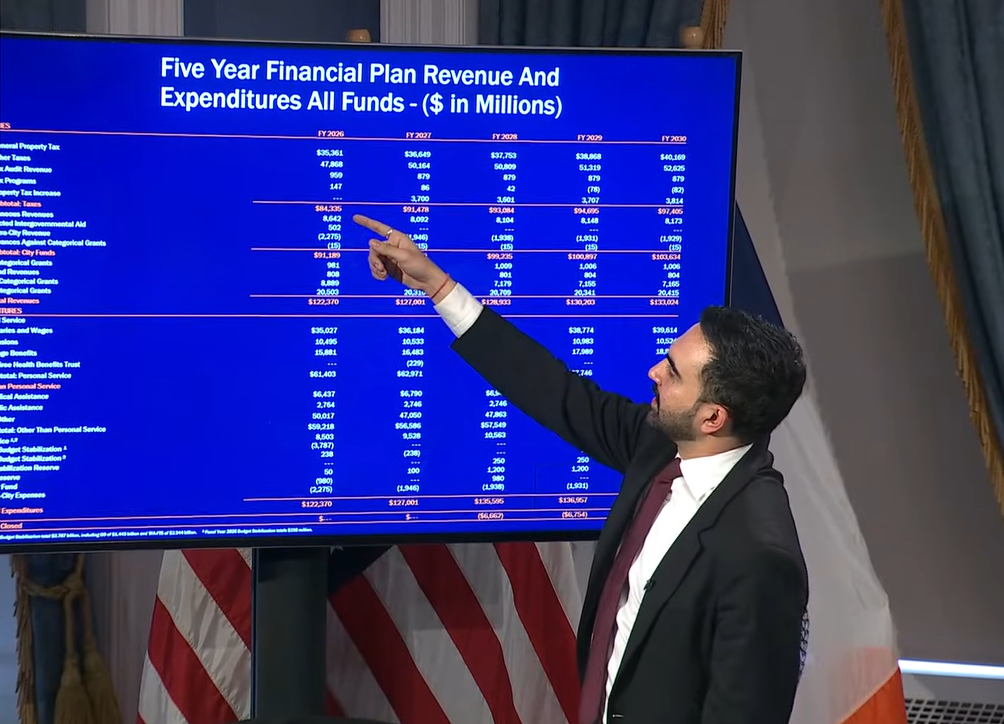[This is part of a series of articles on maximizing
deductions for travel and entertainment (T&E) expenses.]
Normally, you can’t deduct the cost of traveling between your home and your job, even though the travel is, in reality, business-related. The IRS considers “commuting” to be a nondeductible personal expense. However, if you qualify under the IRS’ rules, you may claim deductions for travel to and from a temporary assignment – you might even be able to write off the cost of a weekend trip home for personal reasons.
Background: Usually the cost of commuting between your home and a place of business is nondeductible, regardless of the distance traveled, but there are several key exceptions to this general rule. For example, if your home is your principal place of business, commuting to another business location like a client’s place of business is deductible. Another notable exception allows you to deduct travel between your home and a temporary work location if you maintain one or more regular business locations away from your home.
As far as the IRS is concerned, a “temporary” assignment in a single location is one that is realistically expected to last — and in fact, does last — for one year or less. If this occurs, to save travel costs, you might decide to stay close to the temporary job location during the weekdays and then travel home on the weekends. In effect, you can write off the cost of your personal trip home and back.
Conversely, if the job is “indefinite,” the location of the assignment effectively becomes your new “tax home.” As a result, you can no longer deduct travel expenses from your home to the temporary assignment location, An assignment or job in a single location is considered indefinite if it is realistically expected to last for more than one year – regardless of whether it actually lasts more than one year or not.
Along the same lines, you may be allowed to deduct travel expenses between home and temporary work locations outside the metropolitan area where you normally live and work. But there is no strict definition of “metropolitan area” in the tax code for the courts to follow. Accordingly, the courts will consider the relevant facts and circumstances to decide if the expenses of a particular taxpayer were incurred traveling to a worksite sufficiently distant from the area where the taxpayer normally lives and works.
As you might imagine, this issue has surfaced several times in the courts, usually with limited success for taxpayers.
Recent example: The taxpayer worked for a construction firm headquartered in Cincinnati, but never reported to the home office Instead, he traveled to five temporary worksites during the tax year in question. None of the jobs lasted longer than just a few months. The locations of the worksites ranged from approximately 75-100 miles from the taxpayer’s home.
Each day, the taxpayer drove directly from his home to current worksite, then straight back home at the end of the workday. He paid for all of his travel costs on his own. On his federal tax return, the taxpayer deducted more than $23,000 in unreimbursed employee business, mostly for the cost to driving to and from the temporary worksites. Of course, the IRS objected.
After digging deep into the tax rules for temporary assignments, the Tax Court denied the deductions. It wasn’t convinced that any of the temporary worksites where the taxpayer worked were outside of the Cincinnati metropolitan area (Saunders, TC Memo 2012-200).
Moral of the story: Both the IRS and the courts are likely to stretch the boundaries of a metropolitan area for purposes of these rules. Make sure that you standing on firm ground if you’re claiming deduction involving temporary assignments.
Thanks for reading CPA Practice Advisor!
Subscribe Already registered? Log In
Need more information? Read the FAQs
Tags: Income Taxes, Tax Planning





